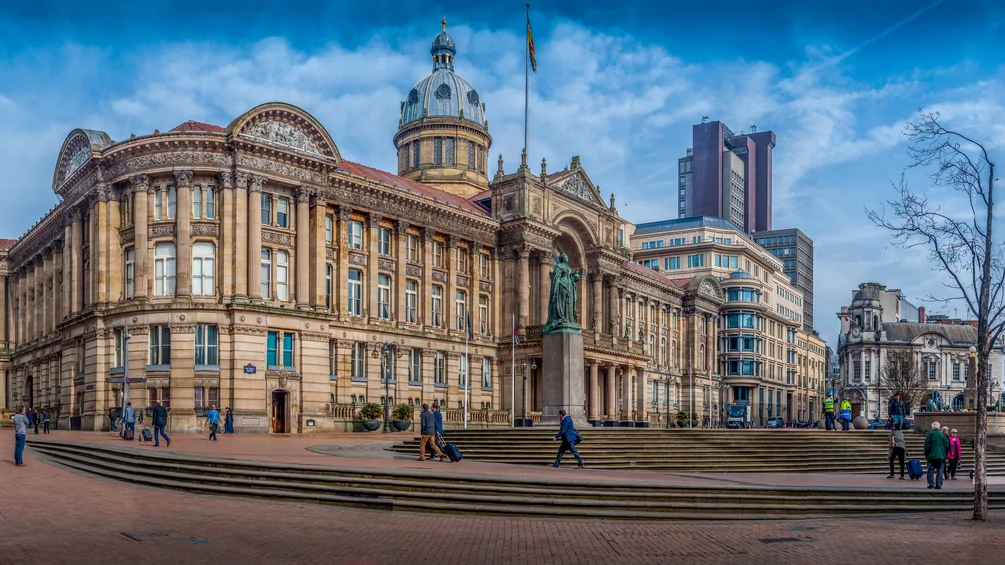
Birmingham’s culture budget faces major cuts following City Council announcement
Cultural institutions in Birmingham are facing major cuts to funding following a draft budget document published earlier this week by the City Council, which effectively declared bankruptcy last year.
The authority needs to plug a £300 million shortfall over the the next two years to cover basic costs. Assets to the value of £1.25 billion will also need to be sold to repay a bailout loan from central government. Leaders have now proposed a number of extreme measures, including a 21% hike in council tax between April 2024 and 2026, with no area of public sector operations untouched and culture set to be on the frontline.
The Birmingham International Dance Festival, for example, will lose its £350,000 funding. Grants to other institutions will also be reduced by 50% in 2024, and 100% the following year. These include the City of Birmingham Symphony Orchestra, Birmingham REP Theatre, Birmingham Royal Ballet, IKON Gallery, Birmingham Opera Company, FABRIC, Sampad, Legacy Centre of Excellence, B:Music, and Ex Cathedra.
Black History Month and Birmingham Heritage Week will retain financial support in the year to April 2025, but face a 100% loss of council backing after that time.
“The proposed cuts to council culture budgets confirm what many of us working in arts, culture, entertainment, music and NTE in Birmingham have known for some time,” said Lyle Bignon, a representative of the Night Time Industries Association in the city.
“Our city’s council, regional authorities, and key agencies have simply not placed enough value on culture over the years, despite its proven social and economic benefits,” he continued. “[The] announcements sound a major alarm for Birmingham’s creative community as well as cultural professionals and audiences across the UK.”
The news comes just over one month after the Music Venue Trust published a new report showing national infrastructure for live events being pushed to “crisis point”. Describing 2023 as the “worst year” on record for venue closures, the charity pointed to 125 grass roots spaces which permanently shuttered in that time. This led to 4,000 job losses, 14,500 ‘homeless events’, and over 193,000 gig cancellations.
Birmingham City Council first filed a Section 114 notice – formal admission it could no longer balance its accounts — in September 2023. Streetlights have since been dimmed, waste collection schedules reduced, and redundancies announced in a bid to claw back much needed money. The precarious position has been blamed on equal pay claims by staff members, with recent estimates putting those costs at £867million. An IT system is also expected to have set the authority back £130million.
However, funding for councils from central government has plummeted since the global banking crash, wiping 40% off revenue in real terms between 2009/10, and 2019/20, leaving many authorities in an incredibly vulnerable place. Spending power in that time fell by 17.5%, and even with high value emergency Covid-19 grants, between 2020 and 2022 overall financial support from Downing Street was down more than 10%.
More recently, high inflation has hit public projects particularly hard, while potential revenue streams from things like ticket sales have fallen due to the cost of living crisis impacting personal finances. According to New Statesman, six authorities now have active Section 114 notices in place, and several more are considered to be at risk.





